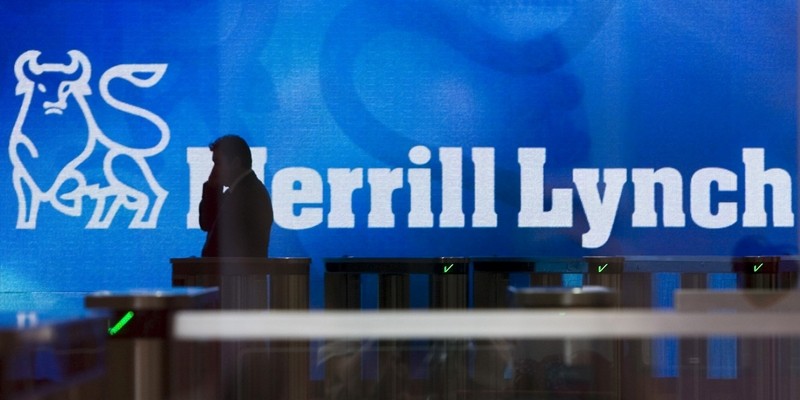In responses to charges it misused customer cash, the wirehouse agreed to the payment and to admit wrongdoing in violations of the customer protection rule.
Merrill Lynch has agreed to pay $415 million and admit wrongdoing to settle charges it misused customer cash to generate profits, according to the Securities and Exchange Commission.
“An SEC investigation found that Merrill Lynch violated the SEC's customer protection rule by misusing customer cash that rightfully should have been deposited in a reserve account,” the agency said in statement Thursday. “Merrill Lynch engaged in complex options trades that lacked economic substance and artificially reduced the required deposit of customer cash in the reserve account.”
Merrill's maneuvering freed up billions of dollars a week from 2009 to 2012, which the firm used to finance its own trading activities. Customers would have been exposed to a “massive shortfall” in the reserve account if Merrill had failed in these trades, according to the SEC.
From 2009 to 2015, Merrill Lynch also held up to $58 billion per day of customer securities in a clearing account subject to a general lien by its clearing bank. There were additional customer securities in accounts worldwide that similarly were subject to liens, the SEC said, all exposed to significant risk and uncertainty of clients getting back their own securities had Merrill collapsed.
“The rules concerning the safety of customer cash and securities are fundamental protections for investors and impose lines that simply can never be crossed,” Andrew J. Ceresney, director of the SEC's Division of Enforcement, said in the statement. “Merrill Lynch violated these rules, including during the heart of the financial crisis, and the significant relief imposed today reflects the severity of its failures.”
The agency also announced Thursday a new initiative to root out violations of the customer protection rule by other broker-dealers.







